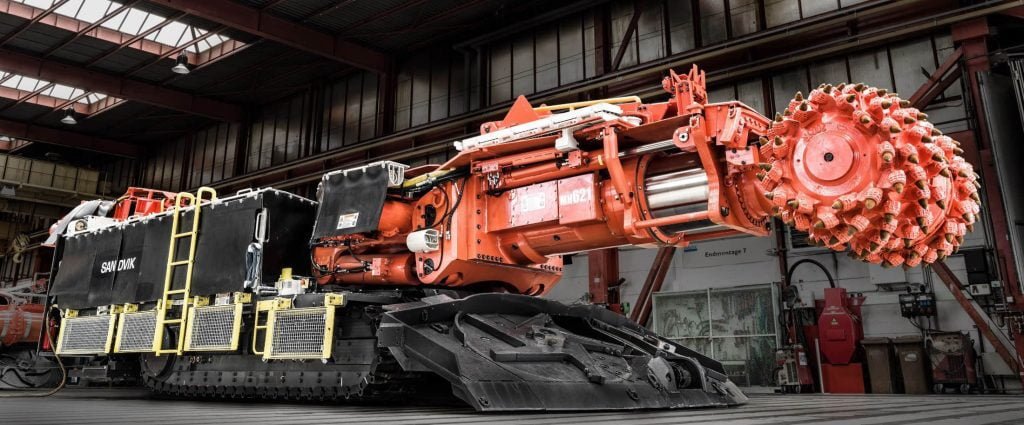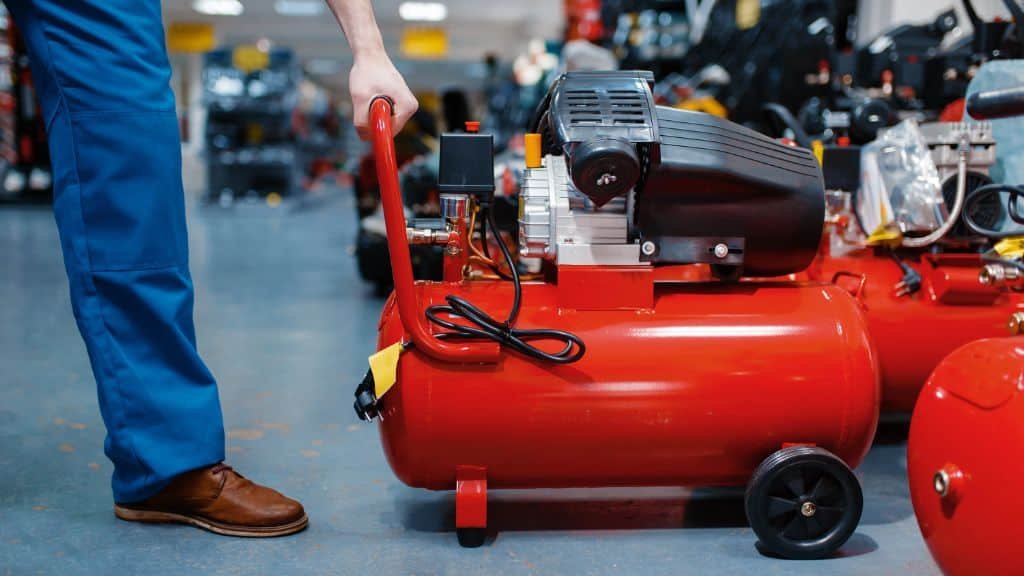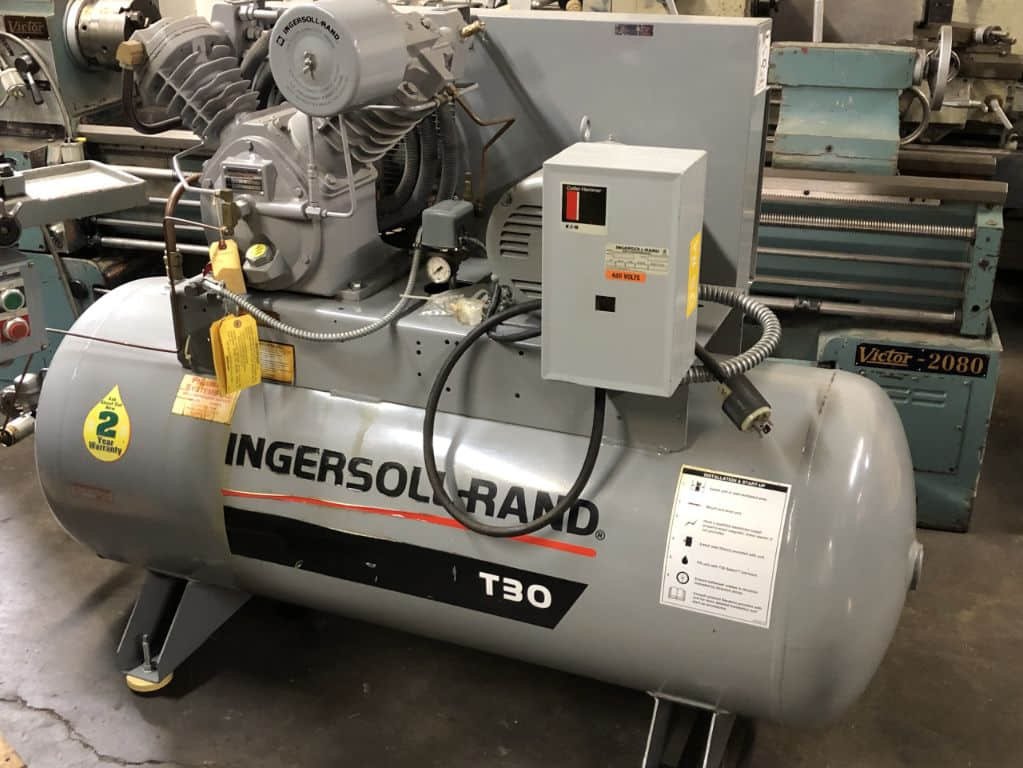In the diverse world of industries, air compressors have found their unique place, ranging from major manufacturing plants to small automotive repair shops. Interestingly, their utility extends to the more rural and essential sector of our society – agriculture. Farmers and farming operations are increasingly harnessing the power of these tools to keep up with the ever-growing demand. Let’s delve into how air compressors are transforming farming and agriculture.
The Role of Air Compressors in Crop Protection
Farmers, whether managing a large-scale farm or a single acre, often face the challenge of protecting their crops from bugs, insects, and spiders. In the United States, for instance, soybean crops are particularly susceptible to damage from certain insects. The solution? Air compressors mounted to sprayers to apply insecticides more evenly and effectively. Isn’t it amazing how technology aids in maintaining the health of our food sources?
Air Compressors in Material Transportation
Just as conveyor belts are integral to a manufacturing facility, air compressors play a crucial role in transporting materials like grain into silos or other storage facilities. In the case of enclosed conveyors, air compressors increase the air velocity enough to ensure solid particles are picked up by the conveyor’s airflow. This method is by far the most efficient for transporting large amounts of product, saving time and energy that would otherwise be spent on multiple trips by foot or vehicle.
Revolutionizing Dairy Farms with Air Compressors
The introduction of air compressors in the 1990s as part of automatic milking systems (AMS) revolutionized dairy farms. These tools allowed farmers to milk entire herds hands-free, significantly expediting the process. As of 2019, more than 35,000 AMS are being used internationally, and pneumatic milking machines continue to improve with advances in the air compressor industry.
Air Compressors in Irrigation Line Winterization
Farmers, especially those in colder climates, have become experts on winterization processes, another task that typically uses air compressors. These tools are used to remove excess water from irrigation lines in preparation for the frigid winter months. This process greatly reduces the number of necessary repairs, thereby extending the lifespan of irrigation lines. It also decreases a farmer’s cost of upkeep to ensure the farm is ready to go once a springtime thaw rolls around.
Conclusion
From crop protection and material transportation to dairy farming and irrigation line winterization, air compressors have proven to be an invaluable tool in farming and agriculture. As technology advances, we can only anticipate more innovative uses of air compressors that will further revolutionize this sector.
FAQs
- What role do air compressors play in crop protection? Air compressors are used in sprayers to apply insecticides more evenly and effectively, protecting crops from damage caused by bugs, insects, and spiders.
- How do air compressors aid in material transportation in farming? Air compressors are used in enclosed conveyors to increase the air velocity, ensuring solid particles like grain are picked up by the conveyor’s airflow for efficient transportation.
- How have air compressors revolutionized dairy farming? Air compressors are used in automatic milking systems (AMS) that allow farmers to milk entire herds hands-free, significantly expediting the process.
- What is the role of air compressors in irrigation line winterization? Air compressors are used to remove excess water from irrigation lines in preparation for winter, reducing the number of necessary repairs and extending the lifespan of irrigation lines.
- Are air compressors used in other farming operations apart from those mentioned? Yes, air compressors have a wide range of applications infarming and agriculture, and their use is not limited to the operations mentioned. They can be used in various other tasks depending on the specific needs of the farm.




